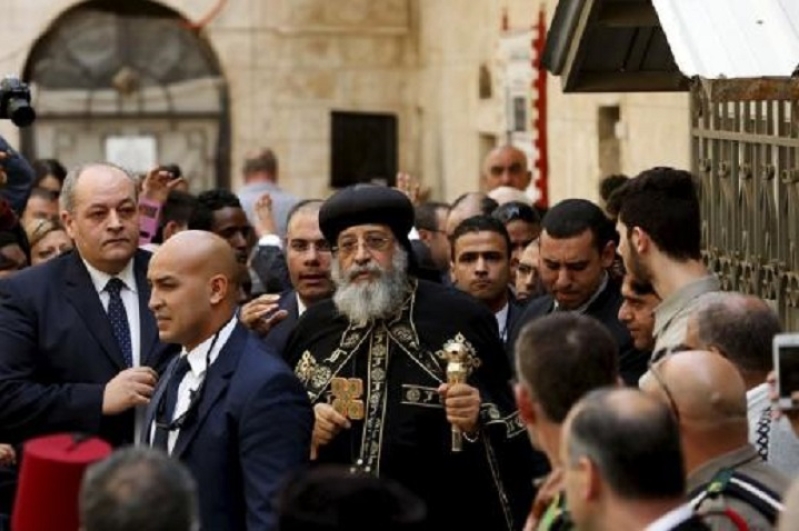
In the midst of increasing tension between Muslims and Coptic Christians in Egypt, the government has approved a law that regulates the construction and renovation of churches.
The new law was approved by Egyptian Pres. Abdel Fattah Al-Sisi on Sept. 28 in the hope of easing the tension between the two groups.
In certain places , particularly in Minya, many Coptic Christians suffer from violent attacks of the Muslims .
In May, for example, a mob of Muslims attacked the home of a 70-year-old Christian woman, who was beaten, stripped naked and made to walk the streets without clothes because of a rumor that her Christian son was having an affair with a Muslim woman.
The day before the attack, the woman’s son fled from the village together with his wife and children. The woman and her husband then went to the police and, fearing an attack on their lives, asked them to send their men to the area. However, the police did not respond.
The following day, the mob burned and looted not just the woman’s home but the homes of other Christians in the neighborhood. The president condemened the attackers. The story was quickly picked up by international media.
The president met with Coptic Patriarch Tawadros II in July in the hope of making the Coptic Church feel more secure in light of recent events. Later on, he met with church representatives and discussed the church construction law.
This new law requires the Coptic Church, through an attorney, to submit to the governor its request “to build or renovate a church.” The governor is expected to give its approval or rejection within four months. If the request is denied, the governor “must give his reasons in detail.”
A provision of the law stating that the church building to be constructed must be in proportion to the size of the population where it is being set up intially became the subject of debate and was hotly contested by some Coptic Christians. They reasoned the provision did not promote equality, as no similar restrictions are applied during the construction of mosques, according to the Middle East Media Research Institute.
Nevertheless, after some discussion between the government and representatives of the Coptic Church, the law was finally approved. Patriarch Tawardos II gave his thanks to the Egyptian president and to other government officials.
"This law aims to correct a mistake that has lasted 160 years,” Patriarch Tawardos II said.







